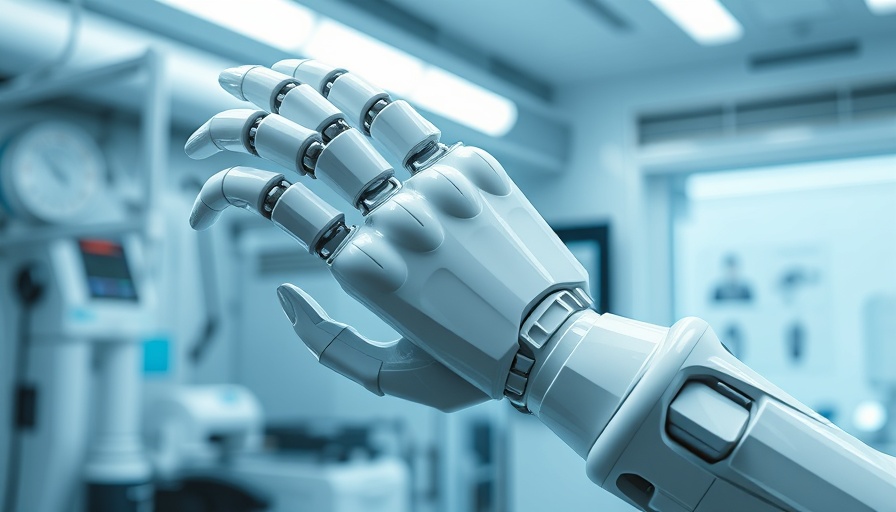
A Legal Battle in the World of Robotics
Tesla, the electric vehicle and technology giant, has initiated a lawsuit against Proception, a startup that participated in the prestigious Y Combinator accelerator program. The case revolves around accusations that Proception illegally copied Tesla's advanced robot hand designs, technology that Tesla dubs its "crown jewel". This technology plays a crucial role in Tesla's ambitious plans to revolutionize robotics, particularly through its Optimus project.
The Stakes for Tesla and the Future of Robotics
The hands of Tesla’s humanoid robot, Optimus, are integral to its ability to interact with the environment, performing tasks ranging from assembly to service roles. This innovation is not merely an enhancement to Tesla’s vehicle line but posits the company as a serious contender in the burgeoning field of robotics. With significant investments and research being funneled into this project, the potential ramifications of stealing proprietary designs could have sweeping effects on Tesla’s future capabilities and market position.
Proception's Position and Implications
In response to the lawsuit, Proception has not yet made a public statement. However, the startup's founders are well aware that their business's future depends on their intellectual property. Given the competitive nature of tech startups, especially in a hub like San Francisco, allegations of design theft can severely impact investor confidence and customer trust. Proception must now navigate the legal landscape while maintaining its integrity and technological innovation.
Understanding Intellectual Property Rights in Tech
This lawsuit highlights a pivotal issue in the tech industry: intellectual property rights. As companies engage in fierce competition, particularly in sectors as transformative as robotics and AI, the theft of design and technology poses a substantial risk. Protecting innovations encourages more investment in research and development, but it can also lead to prolonged legal battles that drain resources and distract from core missions.
The Growing Concern Over Startups and Competition
There's an ongoing debate in the tech community regarding the relationship between established giants and nimble startups. Big firms like Tesla have the resources to protect their intellectual wealth, while newer companies often struggle to navigate compliance and regulatory pressures. The dynamics between innovation, ethical business practices, and competitive advantage will be a key narrative in the coming years, especially as more startups emerge from incubators like Y Combinator.
Investor Reactions and the Tech Environment
Investors are closely monitoring the developments of this lawsuit. The implications can be drastic for both Tesla and Proception. For Tesla, maintaining control over its intellectual property fortifies its market position. For Proception, solidifying their innovations without crossing legal boundaries can attract further funding and strategic partnerships. The climate for investment in San Francisco is intertwined with public perceptions of legal disputes, a factor both companies must consider.
Conclusion: A Call to Stay Informed
As this story unfolds, it is essential for consumers, investors, and those engaged in the tech sector to keep a close eye on the implications of this lawsuit. The outcomes could redefine industry standards regarding intellectual property rights and influence how emerging companies approach innovation. Staying informed will ensure that stakeholders can adapt to these changes, benefiting from the vibrant landscape of technology while navigating its risks.
 Add Row
Add Row  Add
Add 




 Add Row
Add Row  Add
Add 

Write A Comment